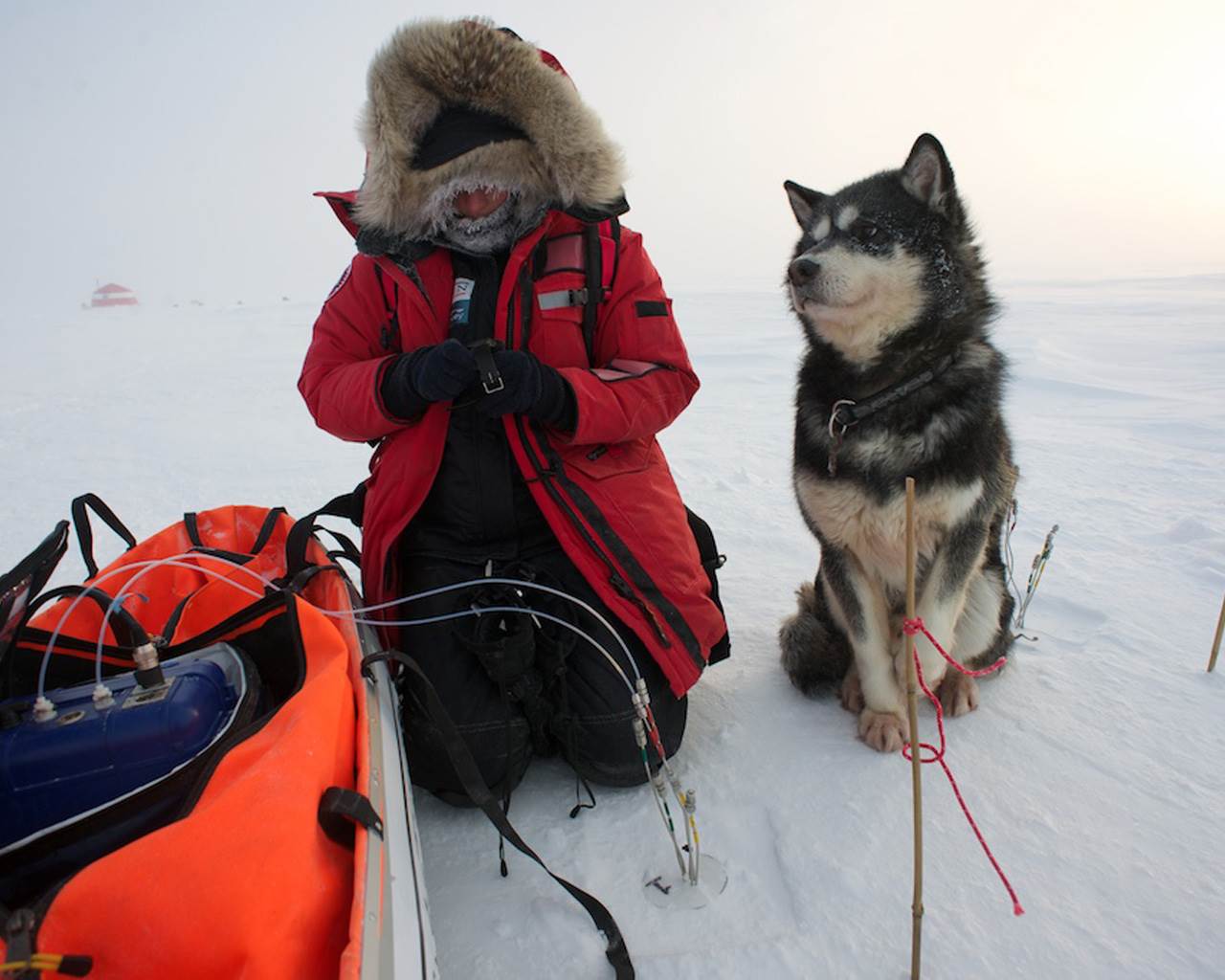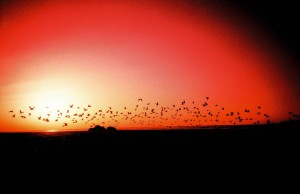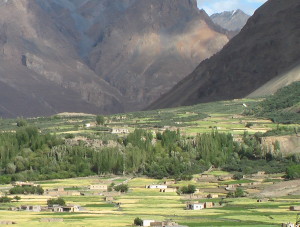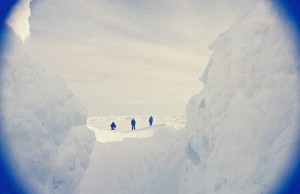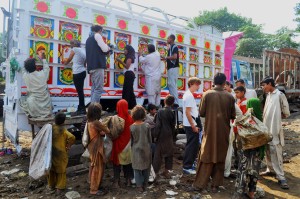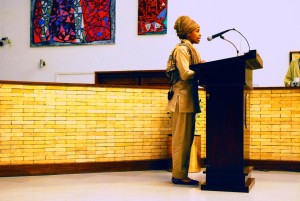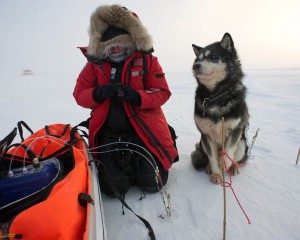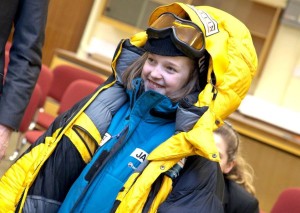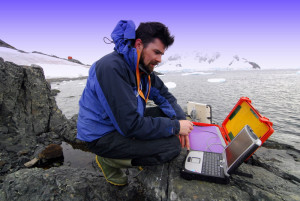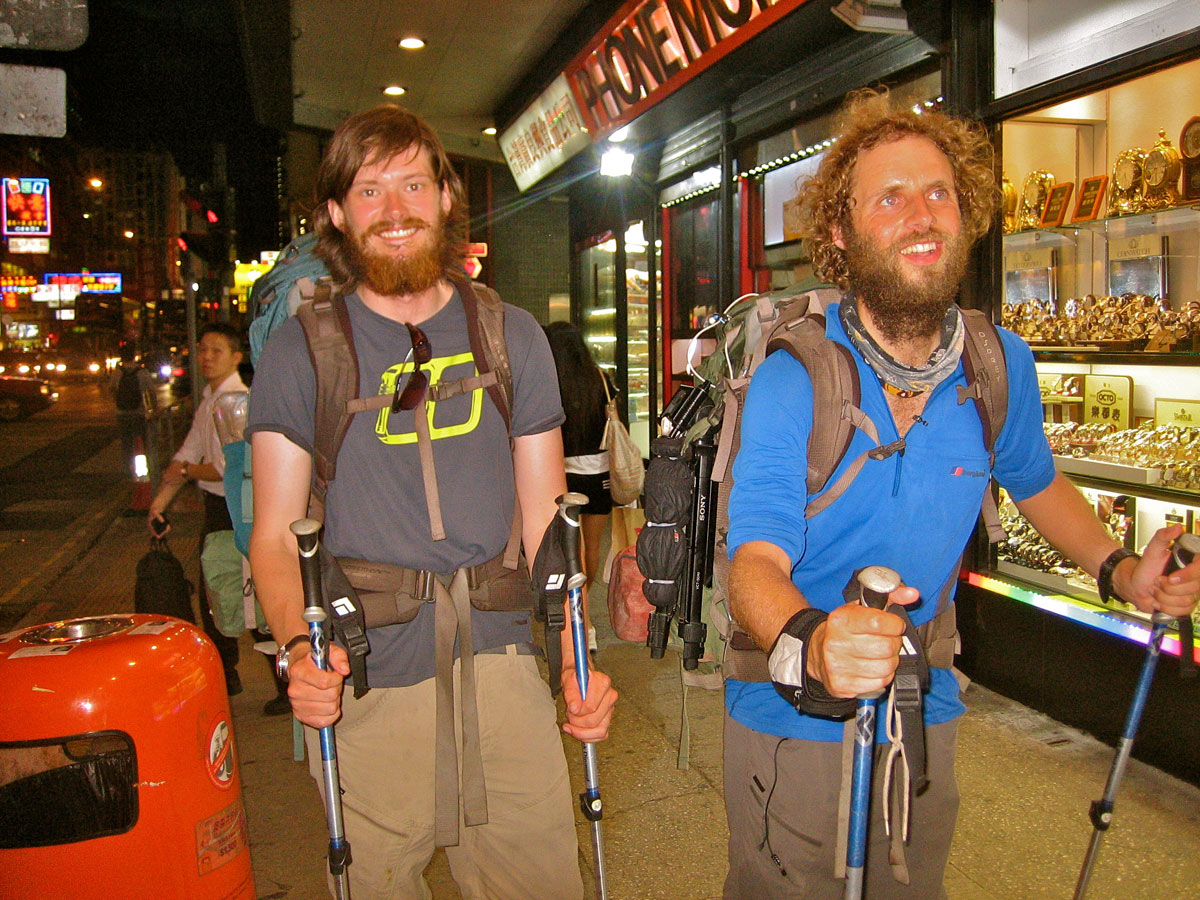I want to talk to you about love.
I want to talk to you about love and how it’s related to travel and adventure.
We travel and go on adventures and expeditions because we love the world, we love finding new places and enjoying new views.
And those incredible and unique experiences with nature can change us to the core. That sense of peace on a mountain top or gazing out over the sea, that complete opposite to our rushed, everyday lives. A sense of oneness.
Or it may be the bustle, colour and vigour of another city and culture, the smell of the spice market, that chance encounter or the simplicity of a road shared.
And we come back from our travels and adventures and we are changed. Sometimes in superficial ways… we invite our friends round and subject them to the regional food or some such place and a bottle of some strange brew that definitely tasted better mixed with warmth and laughter on our travels.
But ultimately, I think that something shifts in us on a more fundamental level. When we travel with our eyes and hearts open, it has a deep and lasting impact on us.
And this change shapes our attitudes and behaviors on our return. Pakistan stops being a country of cricket, curry and terrorism and starts to become something richer and essentially a bit bonkers. And maybe the Arctic isn’t the best place to build an oil rig.
The challenge is how do we scale these very special and privileged experiences to the next generation, to those whose future we are changing?
In an ideal world, we would take every child on some amazing expedition. We would allow them to engage in the world first-hand – up to the Arctic to investigate ice loss rates, over to the Middle East to understand a Muslim country, down to South Africa to investigate conservation or maybe diving in the Caribbean to be wowed by coral and understand its future, and to instill in them a sense of wonder and awe.
But this is not going to happen. It’s simply unfeasible and unrealistic.
We set up Digital Explorer to look at another way. Let’s work with small groups of talented young people or scientists on amazing projects and share these journeys in real-time, interactively with young people in classrooms around the world.
Our children deserve to know about the world, not through the agenda of politicians or the news media or a twenty year old book, but from their peers and experts on the frontiers of knowledge.
If you do an image search for Pakistan online, this is what you get. I’ve taken out the maps and flags. Not the best way to promote cultural understanding or global harmony.
So we took 6 young people to Pakistan, to see the country with their own eyes. They visited. They went to madrassas, they worked with their peers, they painted trucks and they experienced this other country first-hand.
It was a profoundly humbling experience. This is Ruweyda, an immensely shy young woman from Hendon, in North London. Ruweyda had a massive fear of public speaking and so this is her addressing the UK Government Foreign Affairs Select Committee on their visit to Islamabad, giving them her view of Pakistan and the future of UK-Pakistan relations, counter-terrorism policy. On her return to the UK, she spoke to hundreds of pupils in her local area about her experiences.
And it was wonderful being part of Ruweyda’s journey, but more importantly for me, we shared her experiences online with over 50,000 young people across the UK, through a series of short films, blogs and an education programme.
We joined an expedition in the High Arctic, working with scientists at -40 degrees, sharing the experiences live online and developing a classroom programme afterwards. Not just based on the nitty-gritty science of the polar ocean, but on the excitement and adventure of exploring.
This is important work and we’re only just starting.
It’s been a lot of fun out on expedition and in the classroom. Helping young people understand their changing world. Giving them the information they need to make decisions and choices.
And there is an urgency. The dates are getting closer. 9 billion people on this planet by 2050. Coral reefs in terminal decline by 2048. No summer sea ice in the Arctic by 2036.
That means for a child born today, there will be 2 billion more people on the planet by the time they’re 37.
If you’re born today, by the time you are 35, there will be no more coral reef.
If you’re born today, by the time you are 23, there will be no more summer sea ice in the Arctic and Father Christmas getting a bit soggy.
We’re starting to plan a global expedition that aims to create a youth-powered view of the world, available free at the point of need to any school, any child.
We need to focus on awe and wonder and the best of this world, to have young people as part of this journey.
We make our own future, not through fear of what we might lose, but love of what we have. There’s an amazing planet out there full of coral reefs, penguins, contradictions, adventure and wonder.
So, how will you share your love for the world?
Jamie Buchananan-Dunlop is an experienced educator creating new ways for children to learn about
the changing world both inside and outside the classroom.
This process started with taking young people from East London schools
on expedition to Morocco and the Gulf and using new satellite and
media communications to share this experience live with thousands of
pupils back in the classroom. Leaving teaching to work on these
projects full-time,he set up a social enterprise, Digital Explorer
(www.digitalexplorer.com) to continue this work.
Recent work has included a UK-wide series of teacher seminars on using
learning technology supported by Google; an expedition to Pakistan for
students, which included briefing in-country a party of visiting
Foreign Affairs Committee MPs; taking part in an expedition to the
Arctic to track changes in the Arctic Ocean, which was followed by a
year-long education programme for both teachers and classrooms to make
marine science accessible to schools – sponsored by Catlin. This work
is now being extended to cover the Great Barrier Reef.
